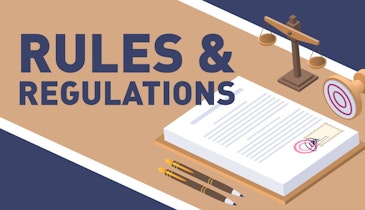In the world of sewer cleaning, chemicals play a role — especially from homeowners — in efficiently removing blockages and maintaining clean plumbing systems.
Understanding the proper usage and potential risks associated with these chemicals is essential for plumbing...






